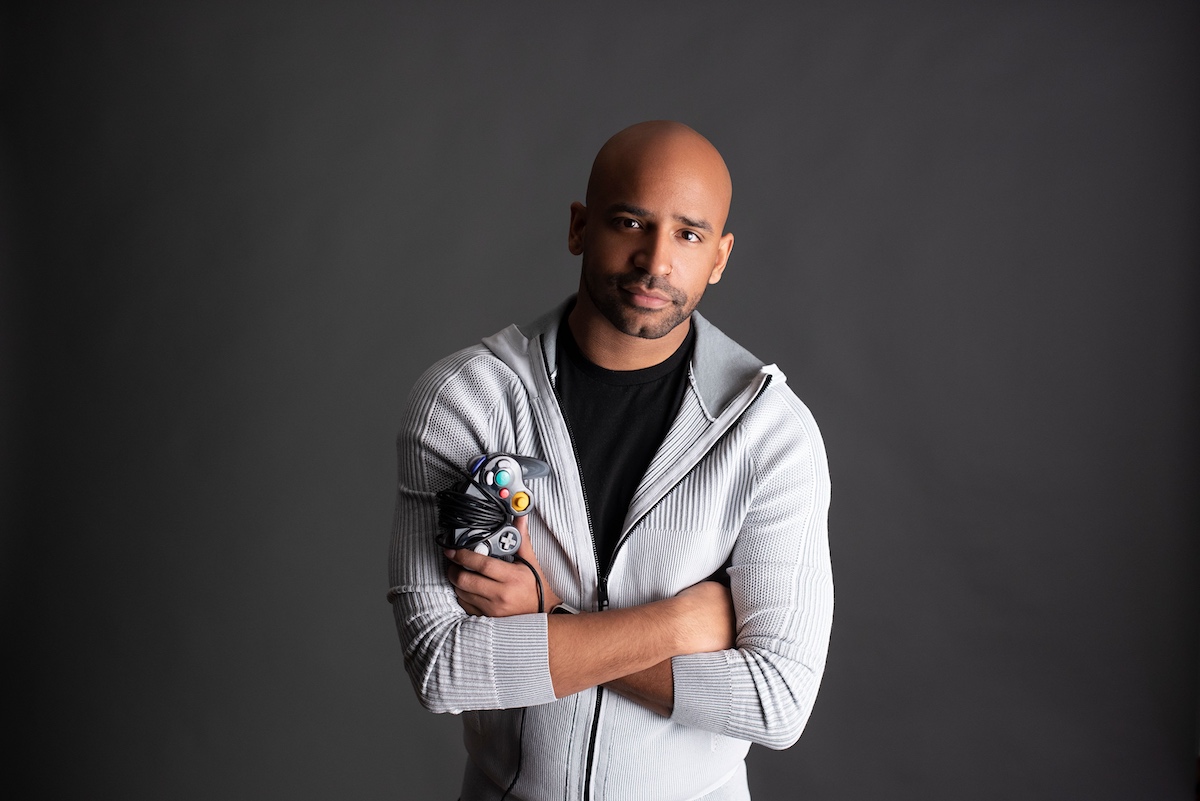Pittsburgh gaming startup Metafy only launched eight months ago, but it’s not afraid of competition.
“I want them to be a little bit scared of us,” said cofounder and Derry native Josh Fabian.
Metafy connects champion-level gamers with students who are willing to pay for private one-on-one coaching. The games range from popular PC and cross-platform games like Valorant and Fortnite to card games like Magic: The Gathering Arena and Pokemon TCG.
It’s recruited more than 300 coaches who’ve taught around 1,000 students in March and charge anywhere between $15 and $100 an hour, Fabian told Technical.ly.
After raising $3 million in seed round funding last December, Fabian and his team of 13 employees have been working to redesign the platform from the ground up to offer a better experience for their users. Their goal? Create new jobs in gaming.
“The coach is the customer, not the student,” Fabian said.
The 31-year-old has a background in both product and design in the tech industry as well as gaming for a living. He conceived of Metafy when he was paying someone to coach his kids in Pokemon TCG. The coach was one of the top players in the world — a world champion from a previous year — yet was only making $30,000 a year working at a warehouse, which Fabian found “absurd.”
At Metafy, one of their coaches is now on track to make $100,000 this year, he said. The company makes a 5% fee on top of the lesson fee and recently hit $100,000 in total revenue as well.
The market for video game coaching has been estimated to be over $1 billion, and Fabian believes the video game industry will only continue to grow. The company was on NextPittsburgh’s list of 15 Pittsburgh tech companies to watch in 2021.
Only two people from the Metafy team — Fabian and his head of talent — live in Pittsburgh, however. Cofounder Tom McNiven lives in Australia, and the rest of his team is spread out across places like Morocco, Romania, India, the Philippines and Russia.
“I deeply believe that companies are best served hiring the best people, and not just the best people right here,” Fabian said. The team is used to working remotely and asynchronously, will likely stay remote even after pandemic conditions allow people back in offices again.
The company is also developing entirely in public. Anyone can join its Discord server and pop into the development channel to see what features the team is working on everyday or send suggestions in the feedback channel.
“I want my competitors to see that we’re not hiding anything,” Fabian said. “If we’re winning, we’re winning on the merit of the quality of work we’re putting out.”
Despite competitors like GamerCoach, Gamer Sensei and freelance service marketplace Fiverr, Fabian said Metafy’s communication, transparency and focus on the potential of their coaches will put it ahead. He envisions Metafy as a platform that will modify the way people make money in gaming.
“Today there’s YouTube and there’s Twitch. … You don’t make much in esports,” Fabian said. “Tomorrow, I hope there’s Twitch and YouTube and Metafy.”







